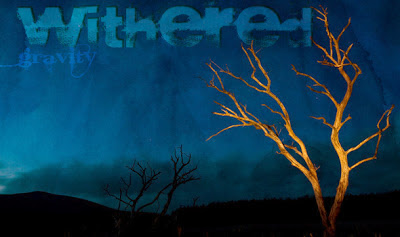The Bird of Dawning Singeth All Night Long
 |
This Christmas I was moved by the words of Frederick
Buechner. For my last blog of the year I
offer to you his wisdom rather than my own ramblings. I hope it does for you what it continues to
do for me.
Frederick Buechner says in his book The Faces of Jesus:
On the dark bulwark of Elsinore, Shakespeare has Marcellus
and Haratio reflecting on Christ in the opening scene of Hamlet:
Some say that ever ‘gainst that season comes
Wherein our Savior’s birth is celebrated,
The bird of dawning singeth all night long;
And then, they say, no spirit dare stir abroad,
The nights are wholesome, then no planets strike,
No fairly takes, nor witch hath power to charm,
So hallowed and so gracious is the time
These lines from the first scene of Hamlet in a sense say
it all.
We tend to think time is just progression . . . as
moment following moment, day following day, in relentless flow, the kind of
time a clock or calendar measures.
But we experience time also as depth . . . as having
quality as well as quantity – a good time, a dangerous time, an auspicious
time, a time we mark not by its duration but by its content.
On the dark bulwark of Elsinore, Marcellus speaks to his
companions of the time of Jesus’ birth.
He says it’s “a hallowed time,” a holy time, a time in which life grows
still . . . like the surface of a river so that we can look down into it and
see a glimmering reflection in its depth . . . and when looked closely, we see
something timeless, precious, other.
Christmas Eve is a hallowed time . . . And a gracious
time, Marcellus says—a time that we cannot bring about as we can bring about a happy
time or a sad time but time that comes upon us as grace, as a free and unbidden
gift.
Marcellus explains that Christmas is a time of such
holiness that the cock crows the whole night through as though it is
perpetually dawn, and thus for once, even the powers of darkness are powerless
when,
The bird of dawning singeth all night long.
Haratio’s answer, in Hamlet, is equally instructive. “So have I heard and do in part believe,” he
says to Marcellus, speaking, one feels, not just for himself but for
Shakespeare and for all of us. In part,
we believe it.
We believe the tidings are true. We believe the songs are sung . . . for good
reason. We believe at Christmastime
God’s gracious gifts are given. We
believe in the majesty of the miracle.
We believe Christmas is about Christ.
We believe his birth is a breaking-in of God’s
Kingdom. We believe that history may
create heroes . . . but holiness, my friends, holiness happens.
At Christmas time it is hard even for the unbeliever not
to believe in something, if not in everything.
Peace on earth, good will to men; a dream of innocence that is good to
hold onto even if it is only a dream; the mystery of being a child; the
possibility of hope—not even the canned carols piped out over the shopping center
parking plaza from Thanksgiving on can drown our core beliefs out
entirely.
For a moment of two, the darkness of disenchantment,
cynicism, doubt, draw back, and all the usual worldly witcheries lose something
of their power to charm. Maybe we cannot
manage to believe that Christmas story with all our hearts. But as long as this hallowed and gracious moment
lasts, we can at least believe that it is of all things the one most worth
believing.
And that may not be as far as it sounds from what belief
really is. For as long as this moment
lasts, that hallowed, gracious time is very real.

.jpg)
Comments